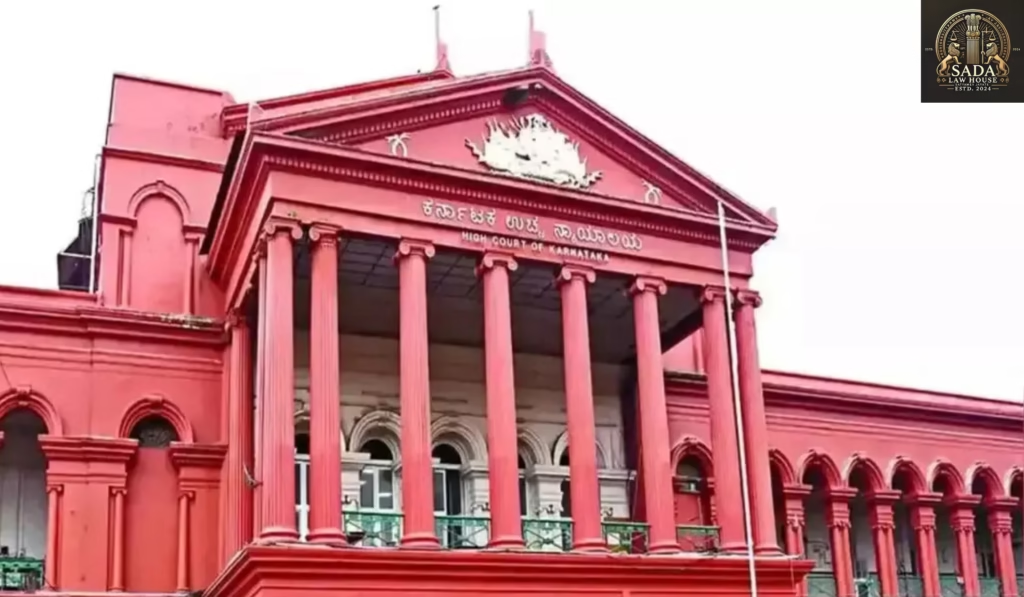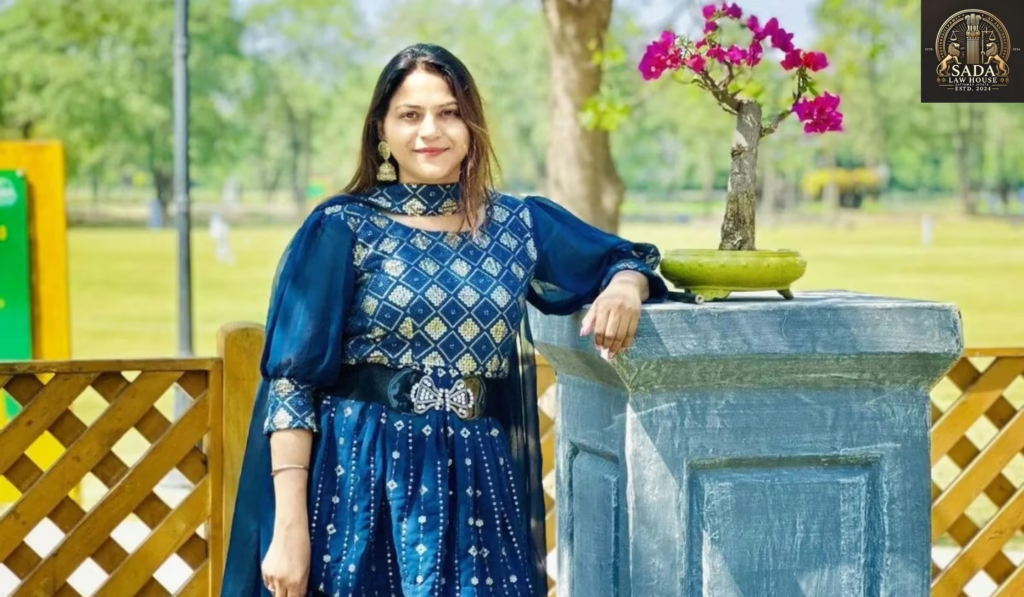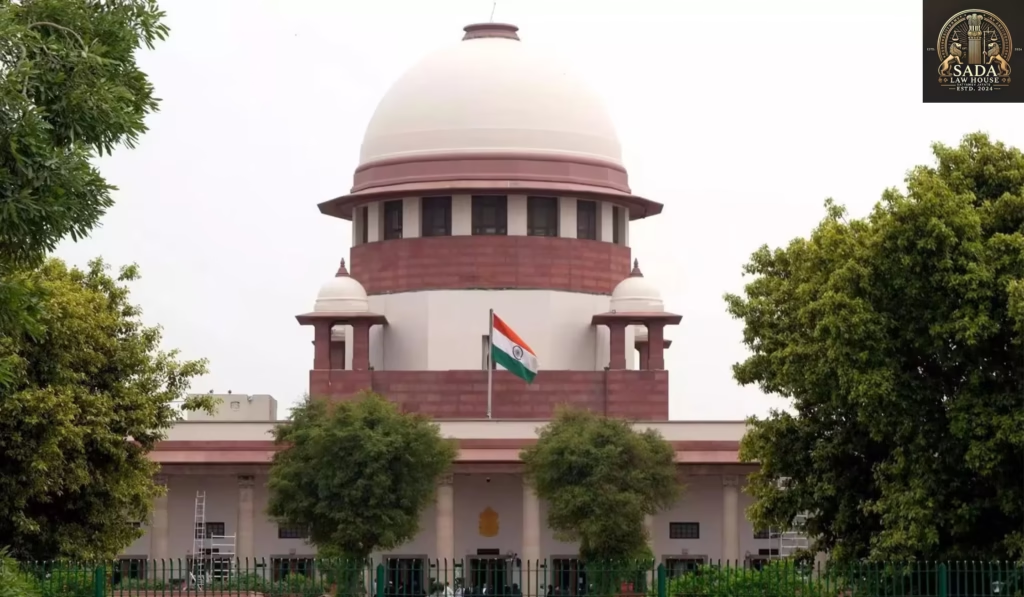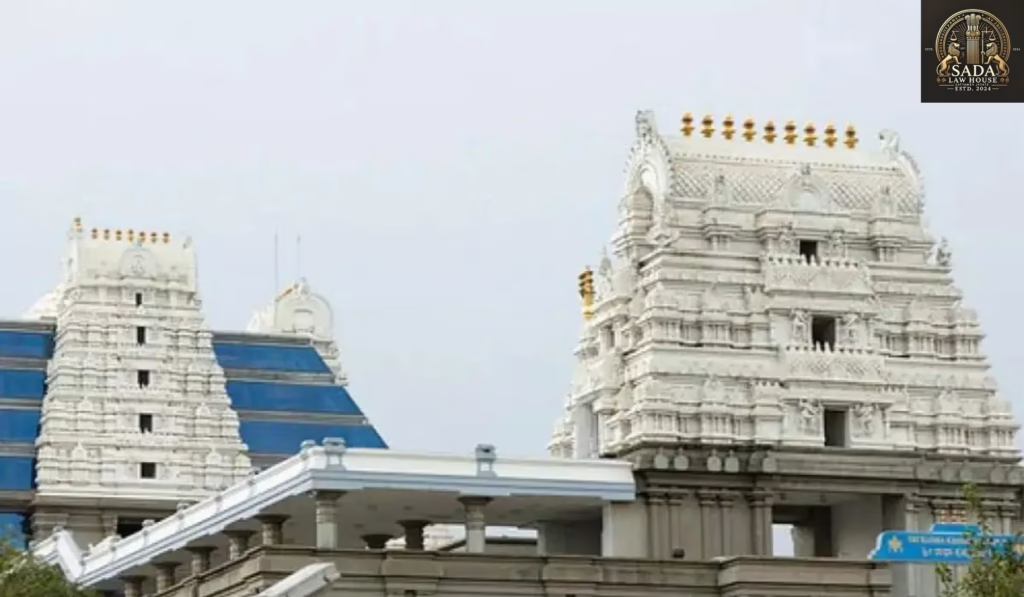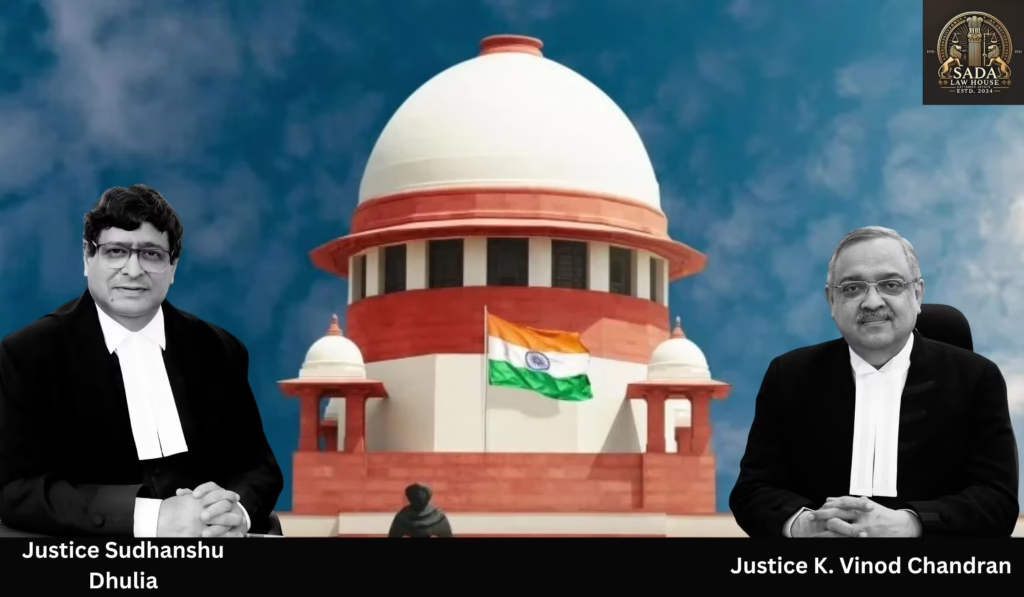Karnataka High Court Declares Power Subsidy Denial to Farmer Societies Unconstitutional, Upholds Cooperative Farming Rights
Trending Today Karnataka High Court Declares Power Subsidy Denial to Farmer Societies Unconstitutional, Upholds Cooperative Farming Rights India Imposes Import Restrictions on Bangladeshi Goods Through Northeast Checkpoints Odisha YouTuber Under Probe for Alleged Links to Detained Spy Jyoti Malhotra in Pakistan Espionage Case Supreme Court Denies Stay on Rohingya Deportation, Questions Claims of Forced Expulsion into Sea Supreme Court Rules in Favor of ISKCON Bangalore in Hare Krishna Temple Ownership Dispute Major Bureaucratic Reshuffle in Delhi Under Rekha Gupta’s Leadership India Ready to Remove All Tariffs on US Goods, Says Donald Trump Supreme Court Rules Insurance Companies Not Liable for Ensuring Long-Term Well-Being of Accident Victims Supreme Court Upholds Use of Urdu for Official Purposes in Maharashtra: Varshatai v. State of Maharashtra (2025) AP High Court Grants Parole to Lifer for Son’s Wedding in Exceptional Case Citing Rule 27 Karnataka High Court Declares Power Subsidy Denial to Farmer Societies Unconstitutional, Upholds Cooperative Farming Rights MAHI SINHA 19 May 2025 The Karnataka High Court ruled that denying power subsidies to cooperative farmer societies based on collective consumption is unconstitutional. This landmark judgment supports cooperative farming and sustainable agriculture in India. Karnataka High Court Upholds Power Subsidy Rights for Farmer Societies In a significant judgment, the Karnataka High Court declared a 2008 government order denying power tariff subsidies to farmer societies as unconstitutional. The court emphasized the importance of cooperative farming in achieving sustainable agriculture in India. Background: Government Order Challenged The disputed Government Order No. EN 55 PSR 2008, dated September 4, 2008, excluded registered farmer societies from power subsidies solely because their combined usage exceeded the specified horsepower limit. This arbitrary policy was challenged by Shrishail Irappa Kempwad and another petitioner—secretaries of cooperative societies in Karnataka. Lift Irrigation Project and Constitutional Concerns The petitioners highlighted their investment of over ₹5.79 crores to build a lift irrigation scheme on the Krishna River to irrigate lands in the villages of Parthanahalli and Madhabhavi, Athani Taluk. The court found that the state government failed in its constitutional duty to ensure access to water, forcing marginal farmers to form societies and arrange irrigation independently. Violation of Article 14: Equality Before Law The court observed that excluding societies from subsidies based solely on collective power usage violates Article 14 of the Indian Constitution, which guarantees equality before the law. It ruled the differentiation between individual and group consumption to be unjust and disconnected from the objective of aiding small and marginal farmers. HESCOM’s Argument and the Court’s Response HESCOM argued that since both societies entered contracts for HT power supply in 2016, they were bound by commercial tariffs and exempt from subsidy eligibility. The court rejected this reasoning, pointing out that subsidy eligibility should not be based on technical contract terms but the broader agricultural welfare policy. Discrimination Against Cooperative Farming The bench criticized the discriminatory policy that penalizes collective farming, stating: “It is unconstitutional and arbitrary to deny power subsidies to registered farmer societies based only on their collective consumption exceeding limits.” It emphasized that cooperative farming plays a vital role in achieving long-term sustainability in Indian agriculture, and government actions should support—not discourage—such initiatives. Subsidy Policy and Unmetered Installations The judgment highlighted inconsistencies in subsidy distribution, noting that even unmetered installations received subsidies based on estimates, while societies with actual consumption within limits were denied. This contradiction undermines both statutory mandates and efficient agricultural practices. Court’s Final Orders While partially accepting the petition, the court instructed the State Government and electricity distributors to revise their subsidy framework within six months. Farmers’ organizations must settle outstanding dues but are free to seek benefits under the new guidelines. However, the court denied the request to invalidate demand notices or declare the COVID-19 pandemic as Force Majeure. Conclusion: A Victory for Cooperative Farming and Agricultural Equality The Karnataka High Court’s landmark judgment reinforces the constitutional principles of equality and fairness in the distribution of agricultural subsidies. By declaring the denial of power tariff subsidies to farmer societies unconstitutional, the court has set a precedent that supports cooperative farming as a legitimate and essential pillar of Indian agriculture. Leave a Reply Cancel Reply Logged in as Sada Law. Edit your profile. Log out? Required fields are marked * Message* Live Cases Karnataka High Court Declares Power Subsidy Denial to Farmer Societies Unconstitutional, Upholds Cooperative Farming Rights Karnataka High Court Declares Power Subsidy Denial to Farmer Societies Unconstitutional, Upholds Cooperative Farming Rights Sada Law • May 19, 2025 • Live cases • No Comments India Imposes Import Restrictions on Bangladeshi Goods Through Northeast Checkpoints India Imposes Import Restrictions on Bangladeshi Goods Through Northeast Checkpoints Sada Law • May 18, 2025 • Live cases • No Comments Odisha YouTuber Under Probe for Alleged Links to Detained Spy Jyoti Malhotra in Pakistan Espionage Case Odisha YouTuber Under Probe for Alleged Links to Detained Spy Jyoti Malhotra in Pakistan Espionage Case Sada Law • May 18, 2025 • Live cases • No Comments 1 2 3 … 5 Next »

